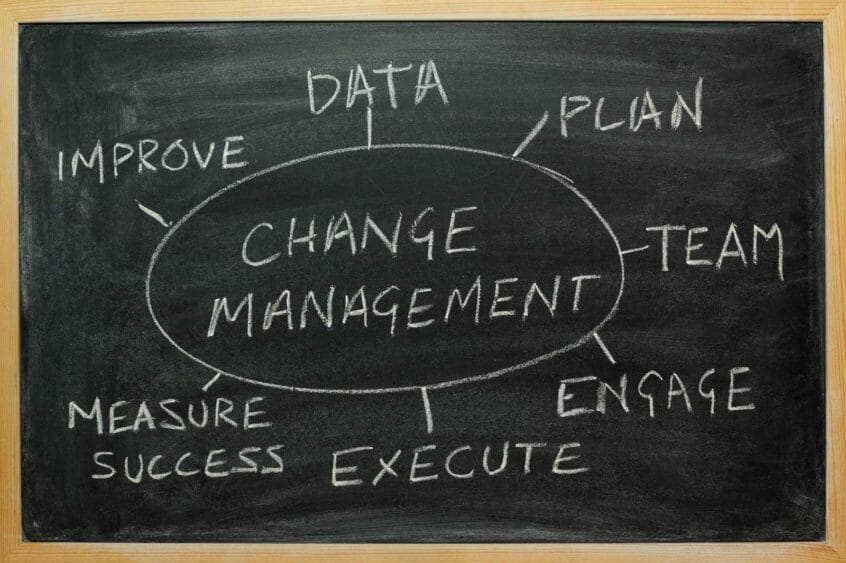Written by Chloe Tillman, Head of our Sales & Marketing practice
I often think that there is a lot more psychology to sales and people management than people know. Some will recognise its importance, others might not. Whatever your belief, if you google ‘psychology of people management’, a plethora of information will appear. We wanted to explore this further to understand more around how we could advise our clients (the inspiration for this post came from reading ‘Psychology of Change Management’ by Emily Lawson and Colin Price, The McKinsey Quarterly.
The effect of change
The main topic in the McKinsey article explains the process you must go through in order to effect change both in practical and theoretical terms. As recruiters, we are fortunate to gain a great deal of insight into why people leave established firms and join competitors. Whilst there are a number of reasons for leaving, one common theme is the effect of change and losing belief in the direction of the firm. The article explores the idea that in order to implement something new, you must keep people informed and help them align the changes to their personal beliefs.
 In sales teams, this process of pitching a new idea or strategy, and gaining understanding of how it fits with your team, is so incredibly important. Smaller companies are typically able to communicate to their staff more regularly and important decisions are often discussed beforehand, which allows employees to prepare for the coming changes. This is not always the case in large corporates, but being transparent with staff, where possible, might go further than you think. By no means is this a the golden recipe for stopping employers from losing good people, but it does show teams that their knowledge, experience and thoughts are valued. In our experience, when people feel valued, their employers are often rewarded with loyalty.
In sales teams, this process of pitching a new idea or strategy, and gaining understanding of how it fits with your team, is so incredibly important. Smaller companies are typically able to communicate to their staff more regularly and important decisions are often discussed beforehand, which allows employees to prepare for the coming changes. This is not always the case in large corporates, but being transparent with staff, where possible, might go further than you think. By no means is this a the golden recipe for stopping employers from losing good people, but it does show teams that their knowledge, experience and thoughts are valued. In our experience, when people feel valued, their employers are often rewarded with loyalty.
Model Behaviour
Equally as important as discussing change with your team, is the implementation from senior members. Knowing and understanding the issues that staff face is a key part of being a respected leader and successfully changing behaviour. In sales teams, we often see the role of a ‘player-manager’, those whose role are split between servicing clients and managing the team. It allows them to see first-hand the effect of strategy change, and gives them a good insight into how best to handle situations going forwards. In turn, teams efficiently begin to mirror the behaviour and to implement action.
As mentioned, there is a lot of information around the psychology of change management and behavioural science, but whether you implement any of this is a personal choice. What it does give us, is an insight into how we can manage processes better. Understanding how your team think and where they are coming from allows employers to exercise a certain amount of damage control when changes inevitably happen.
Understanding and knowing your staff is a crucial part of any business, it steadies a ship when outside influences rock the boat. Equally, it is the same staff that help carry the business through difficult times.
Share this Post

